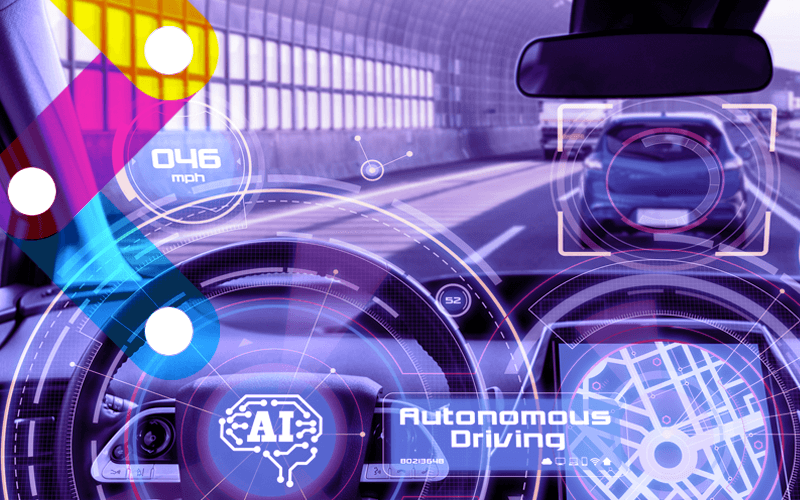Control to support resilient and flexible coordination of connected and autonomous ground vehicles
Exploring scalable multi-connected and autonomous vehicle control for enhanced flexibility, safety, and energy efficiency.

11 March 2022
Abstract
Urbanisation and the steady increase in vehicle numbers are pushing transportation to its limits, resulting in congestion, higher emissions and energy consumption, and safety issues. These have promoted legislation and technologies for cleaner, safer and more efficient transport. CAV technology is set to play a major role in the ongoing transport revolution. A key technology to realise the full potential of CAV is formation control, which enables collaborations between vehicles whereby road capacity, safety and energy efficiency are improved due to the shortened actuation time, headway distance, and more eco-friendly driving behaviour. Existing techniques assume a rather fixed environment with pure CAV flows and static information flow configurations. However, CAVs will coexist in the near future with HDVs that involve a high level of uncertainty, and the connectivity of ITS is particularly vulnerable to the surrounding environment, system failures and cyberattacks.
This project aims to address these barriers with advanced control techniques to maximise the benefits of CAV technologies. We propose to design novel formation/platoon control that enables changes of information flow topologies to cope with various cooperative CAV manoeuvres and potential unstable vehicular communications. The technological improvements led by this project impinge most significantly in research of multi-agent control and fault management. The methodologies developed in this project will benefit the automotive and transportation sectors by enriching their existing toolset for CAV control. At the same time, the general public will benefit from the higher penetration of CAV in greener, safer, more flexible road transport.
 Close
Close

